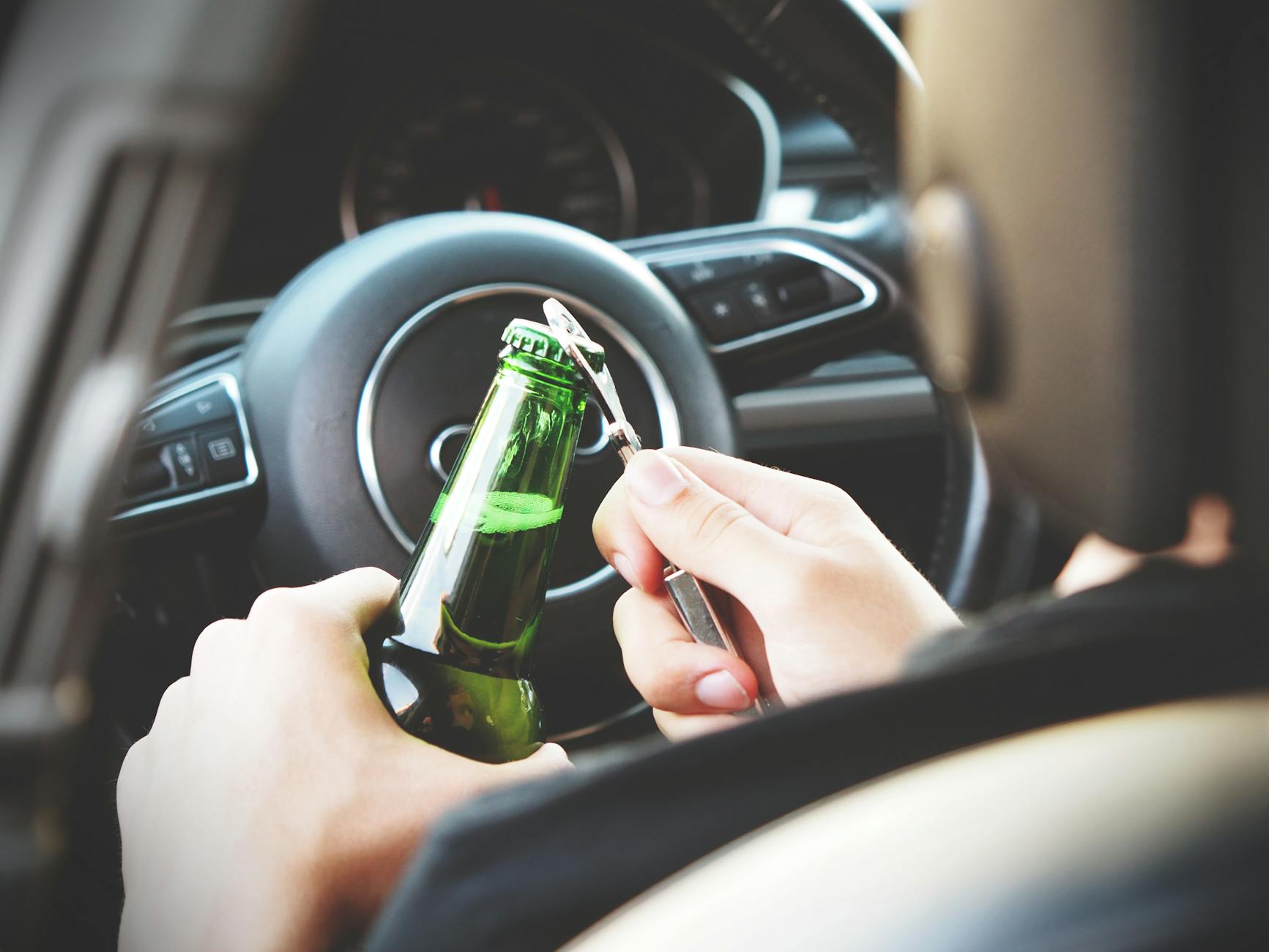Unlock the secrets behind why a couple of beers can have such a profound effect on your body and mind.
Table of Contents
Have you ever wondered how many beers it takes to get drunk? It’s a question that many people have asked at some point in their lives. In this comprehensive blog post, we will delve into the science behind alcohol intoxication, exploring the factors that influence how quickly and intensely alcohol affects our bodies. Let’s break down the process from metabolism to tolerance and discover what it takes to reach that tipsy state.
Understanding Alcohol Metabolism
alcohol metabolism is a complex process that occurs primarily in the liver. When you consume alcohol, enzymes in the liver break it down into acetaldehyde and then further into acetate, which is eventually converted into carbon dioxide and water. The rate at which alcohol is metabolized can vary depending on a variety of factors, including age, weight, and gender.
Younger individuals tend to metabolize alcohol more quickly than older adults, as the liver’s efficiency decreases with age. Additionally, individuals with higher body weights may process alcohol at a slower rate compared to those who weigh less. Gender also plays a role, with women generally metabolizing alcohol more slowly than men due to differences in body composition and enzyme levels.
Individual Tolerance Levels
Tolerance to alcohol varies widely among individuals and is influenced by a combination of genetic and environmental factors. Regular drinkers tend to develop a higher tolerance to alcohol over time, as their bodies become more efficient at processing and eliminating it. Genetics also play a role in determining an individual’s alcohol tolerance, with some people naturally predisposed to metabolize alcohol more quickly than others.
Building tolerance to alcohol involves consistent and moderate consumption over time. However, it is essential to note that tolerance does not equate to immunity to alcohol’s effects. Excessive drinking can still lead to intoxication and its associated risks, regardless of one’s tolerance level.
The Role of Various Factors in Intoxication
Aside from metabolism and tolerance, several other factors can influence how quickly and intensely someone becomes drunk. One of the significant factors is food consumption. Eating a meal before drinking can help slow down alcohol absorption, as food in the stomach can delay the entry of alcohol into the bloodstream.

Image courtesy of www.joinreframeapp.com via Google Images
Another consideration is the type of alcohol consumed. Mixing different types of alcohol, such as beer, wine, and spirits, can impact how your body processes them and lead to more pronounced intoxication. Additionally, staying hydrated and getting an adequate amount of sleep can also play a role in how alcohol affects your body.
Conclusion
As we’ve explored the intricacies of alcohol metabolism, individual tolerance levels, and various factors influencing intoxication, it’s crucial to remember the importance of drinking responsibly. Knowing your limits, understanding your body’s response to alcohol, and being mindful of the factors that can influence intoxication are key steps in enjoying alcohol safely. If you choose to consume alcohol, do so in moderation and be aware of how it affects you personally.
For those interested in further reading on alcohol and intoxication, there are numerous resources available that can provide additional information. By educating ourselves and others on the science of getting tipsy on beer, we can make more informed decisions when it comes to alcohol consumption.
FAQ
How long does it take for the body to metabolize alcohol?
On average, the body metabolizes alcohol at a rate of about one standard drink per hour. However, this can vary based on factors such as age, weight, and gender.
Can tolerance to alcohol be built up?
Yes, tolerance to alcohol can be developed through consistent and moderate consumption over time. However, tolerance does not mean immunity to intoxication.
Does eating before drinking help reduce the effects of alcohol?
Yes, consuming a meal before drinking can slow down alcohol absorption, potentially reducing the intensity of intoxication.
How does dehydration influence alcohol intoxication?
Dehydration can exacerbate the effects of alcohol and intensify intoxication. Staying hydrated while drinking can help mitigate these impacts.
Generated by Texta.ai Blog Automation


Leave a Reply